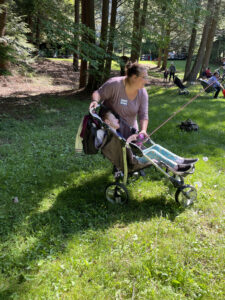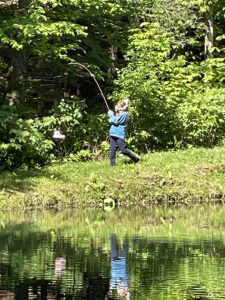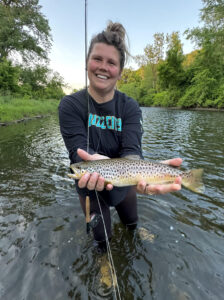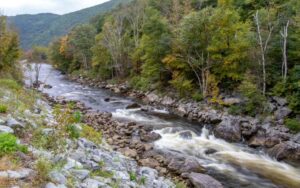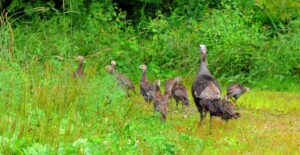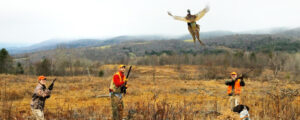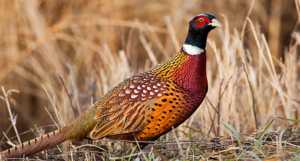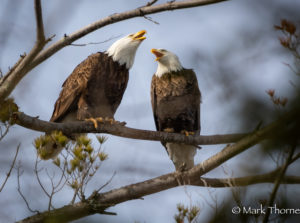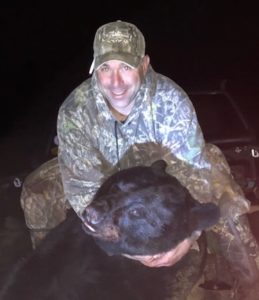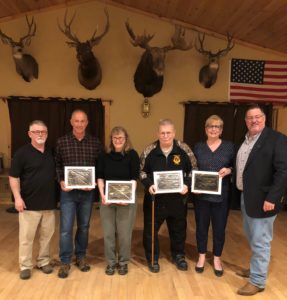Much of the following information has been obtained from the Massachusetts Gun Owners Action League (GOAL) and/or the Massachusetts Conservation Alliance.
On July 25, 2024, Governor Maura Healey signed Chapter 135 of the Acts of 2024 into law. The new law brings new restrictions to every part of the Second Amendment community, including hunters with modern firearms and muzzleloaders alike.
GOAL has been fighting this bill since February of 2023. Sadly, the final language was kept secret for nearly three months. According to Jim Wallace, Executive Director of GOAL, the 116-page bill was released to the legislature and the public at 9:00 pm on a Wednesday and it was “rammed through” the voting process in less than 24 hours. They (legislators) have no idea what they have done and have no idea what’s coming our way.”
Since its release, GOAL has been constantly deciphering the document and was directly contacting stakeholder groups that would be adversely affected by the new law.
The following is some of what Massachusetts hunters and shooters need to know. For more detailed information, go to www.GOAL.org/gunban.
The effective date of the law was supposed to be October 23, 2024 (90 days after signed by the Governor) unless changed by action of the Governor. She could sign an emergency order which meant the law would take effect immediately. “If she does that” said Wallace “she is screwing her state agencies. They have no clue as to how they can make this work.” Well, Governor Healey did sign the emergency order on Wednesday, October 2.
According to GOAL, under the new law:
Junior Hunters
Massachusetts resident junior hunters that hold only an Federal ID Card (FID), will be prohibited
from possessing any type of semi-auto handgun, rifle or shotgun in the field.
Card Holders of all ages:
Massachusetts resident hunters that hold only an FID Card, of all ages, will be prohibited from possessing any type of semi-auto handgun, rifle or shotgun in the field.
Muzzleloaders:
According to figures provided by MassWildlife, based on 2023 data, some 32,805 hunters purchased primitive firearms season stamps, and, based upon the hunter survey, MassWildlife estimates 30,469 hunted the primitive firearms season for deer. The deer harvest data, across all three seasons shows that 21% (3,189) of deer were harvested using a muzzleloader.
Now, the new law requires that anyone firing a muzzle loader for any purpose must now have an FID Card or License to Carry (LTC) to purchase and possess the ammunition components – black powder (or equivalent), percussion caps, round balls, etc.
Any muzzle loading firearm that does, or can take, modern ammunition components such as a shotgun primer is now considered to be a modern firearm. This will now require anyone in possession of such a muzzleloader to possess an FID Card or LTC. It also requires that the firearm be registered under the new mandates. This also includes any firearm that has been, or can be, converted to a muzzle loader. Any firearm that has a frame or receiver. Any firearm that can be readily converted to fire fixed ammunition by replacing the barrel, bolt, breechblock, or any combination thereof.
Non-resident Hunters:
- Must now register their firearms with the Commonwealth of Massachusetts prior to entering the state. (I wonder how many will know that or will go through the hassle).
- The new law bans the possession of semi-automatic firearms (including rifles and shotguns).
- It bans any non-resident under 18 from hunting in Massachusetts.
There is no question that some sort of action should be taken to curb the gun violence and mass shootings in our country. People should not fear sending their kids to school or allowing them to attend an event for fear that they may never come back home. Governor Healey and the legislature are to be commended for taking steps to try to eliminate or reduce the chances of such things happening in Massachusetts. Unfortunately, the new law, in my opinion, goes way, way too far and adversely affects Massachusetts hunters. Does anyone seriously think that banning a 3 or 5 shot semi-automatic shotgun or one-shot muzzleloader is going to resolve this problem?
I wonder if the Governor and legislators know what goes into preparing a muzzleloading gun to fire? At the risk of using too much valuable column space I offer the following:
After putting the safety on, if the gun has one, put the gun powder into the muzzle (barrel) of the gun, making sure it reaches the breech, add a wad and bullet ensuing that it is tight against the powder, tamp it down with the ramrod to ensure there are no spaces, put a primer (percussion cap) at the touch hole (a small hole at the rear of the breech through which the charge is ignited), pull the hammer back or slide a bolt, release the safety, aim and fire. You better make darn sure that the barrel/breech is cool enough before reloading the gun powder for the next shot. Not exactly the sort of gun that you would use to shoot up a place, wouldn’t you say?
There is no exemption for black powder ammunition. You can have the gun, but not the black powder or round balls. It affects re-enactors. Non- residents must get a LTC to handle the ammo for muskets.
I wonder if there is enough time for agencies such as MassWildlife to implement changes into the 2025 excerpts? For example, what is going to qualify for muzzleloader hunting season? If considered a modern firearm, are you still eligible to use it for muzzleloader hunting season? What changes will have to be made by basic hunting course instructors, etc., etc.?
According to figures provided by MassWildlife, some 6,321 non-resident hunters purchased hunting licenses in 2023. What about those who have already purchased their 2024 non-resident license? Will this new law make it illegal for them to come to Massachusetts and hunt? If so, will they be able to get their license fees refunded? Being surrounded by three other states, many non-residents hunt in the Berkshires and their absence will surely be felt by local businesses.
I suspect that there will be a sizable drop in the number of both non- resident and resident hunters in Massachusetts. What a shame for MassWildlife has been working so hard to bolster the numbers through its R3 program (an effort to increase participation in hunting and the shooting sports through Recruitment, Retention, and Reactivation.)
I also suspect that such reductions will, in the long run, negatively affect Governor Healey’s initiative to increase forests acquisitions to fight climate change. More deer hunters are needed especially in the eastern part of our state to control the deer population which is wreaking havoc in their forests already by over-browsing of the young tree shoots. A few years back, that problem was recognized in the Quabbin area which had previously banned hunting, and as a result, annual two-day controlled deer hunts were established.
Will the Massachusetts Environmental Police have enough time to adjust to the new laws? Will they issue warnings, give out fines, or fines plus confiscate firearms?
How many times have we heard or read the words, “We are not going to come and take away your guns.” That may technically be true. However; I agree with Jim Wallace’s assessment when he recently said, “The plan is to make it illegal for you to do or possess something. If you are arrested for noncompliance with the law, you become a felon.” There goes your guns.
There are tens of thousands of Massachusetts residents who have signed a petition to delay the law and to bring it up for statewide vote in 2026. This would have allowed residents to read and comprehend the law before voting on it. What’s wrong with that? Its all moot now.
Tom Nadolny, President of the Lenox Sportsmen’s Club recently said that sportsmen were about half way to the required 50,000 petition signature mark, but he felt that they would have to get another 50%. (As of this writing, they were approaching 70,000). He felt that the state would disqualify signatures for almost any reason. “He advised signers to be careful when signing the petition. “If there is a smudge mark, if there is a coffee stain on the sheet, then everything that is on it is disqualified including the signatures of everyone else who signed that petition sheet.
Local folks who still wish to sign that petition and make a statement, in spite of the Governor’s action on October 2, should do so today or tomorrow, if possible. They are available at Dave’s Sporting Goods, Cheshire Sporting Goods, South County Arms, Webster Electric in Lanesborough and most local sportsmen’s clubs.

